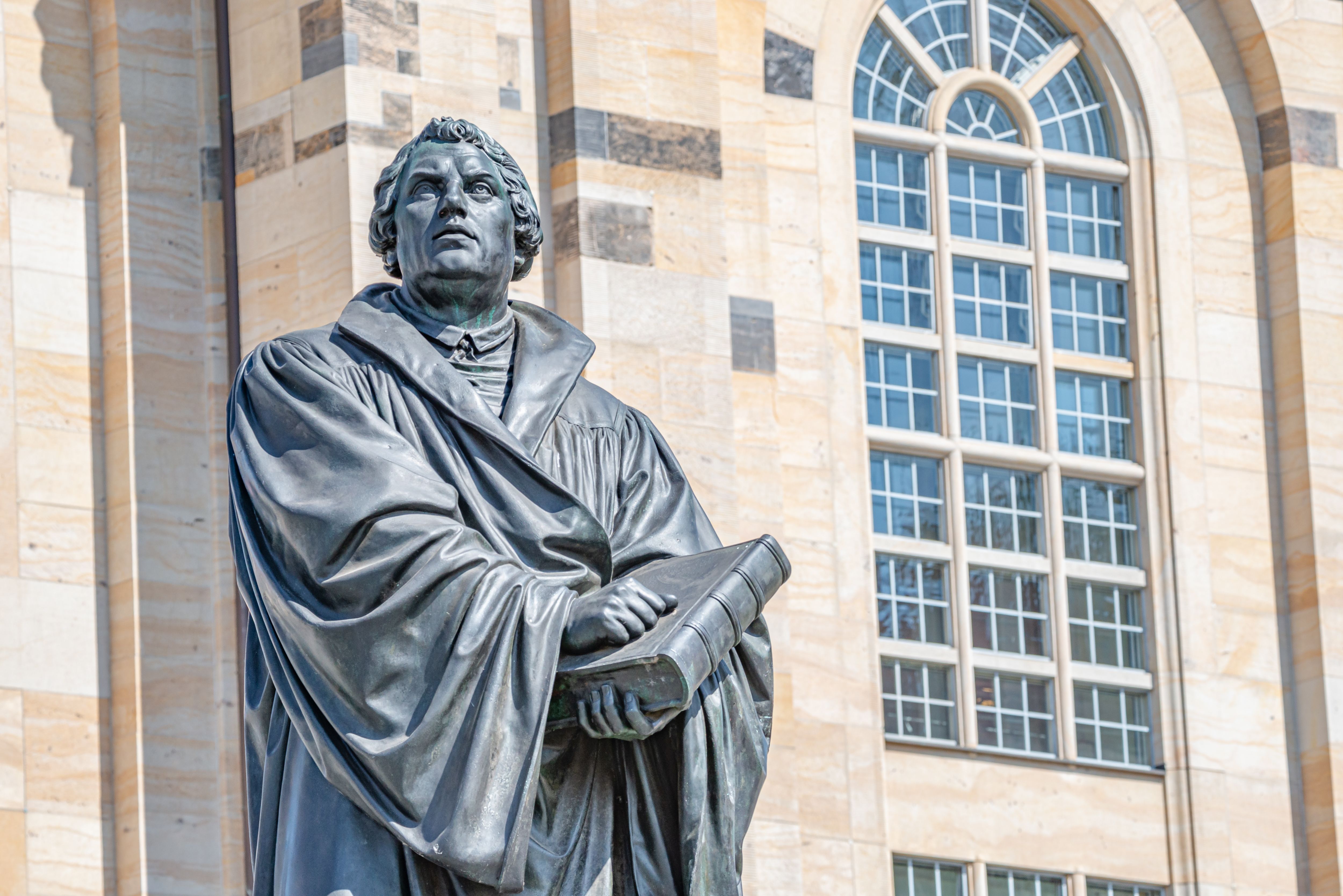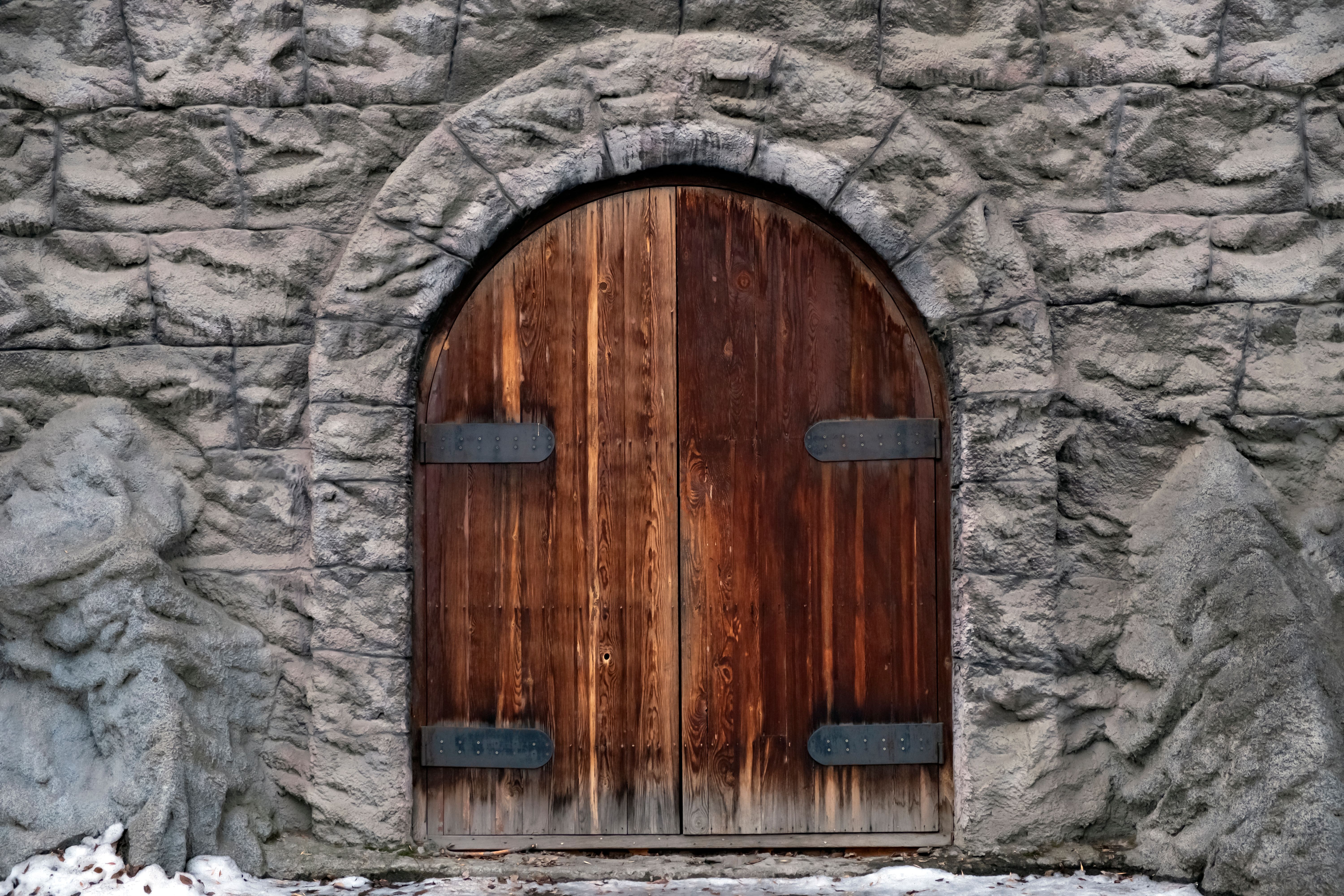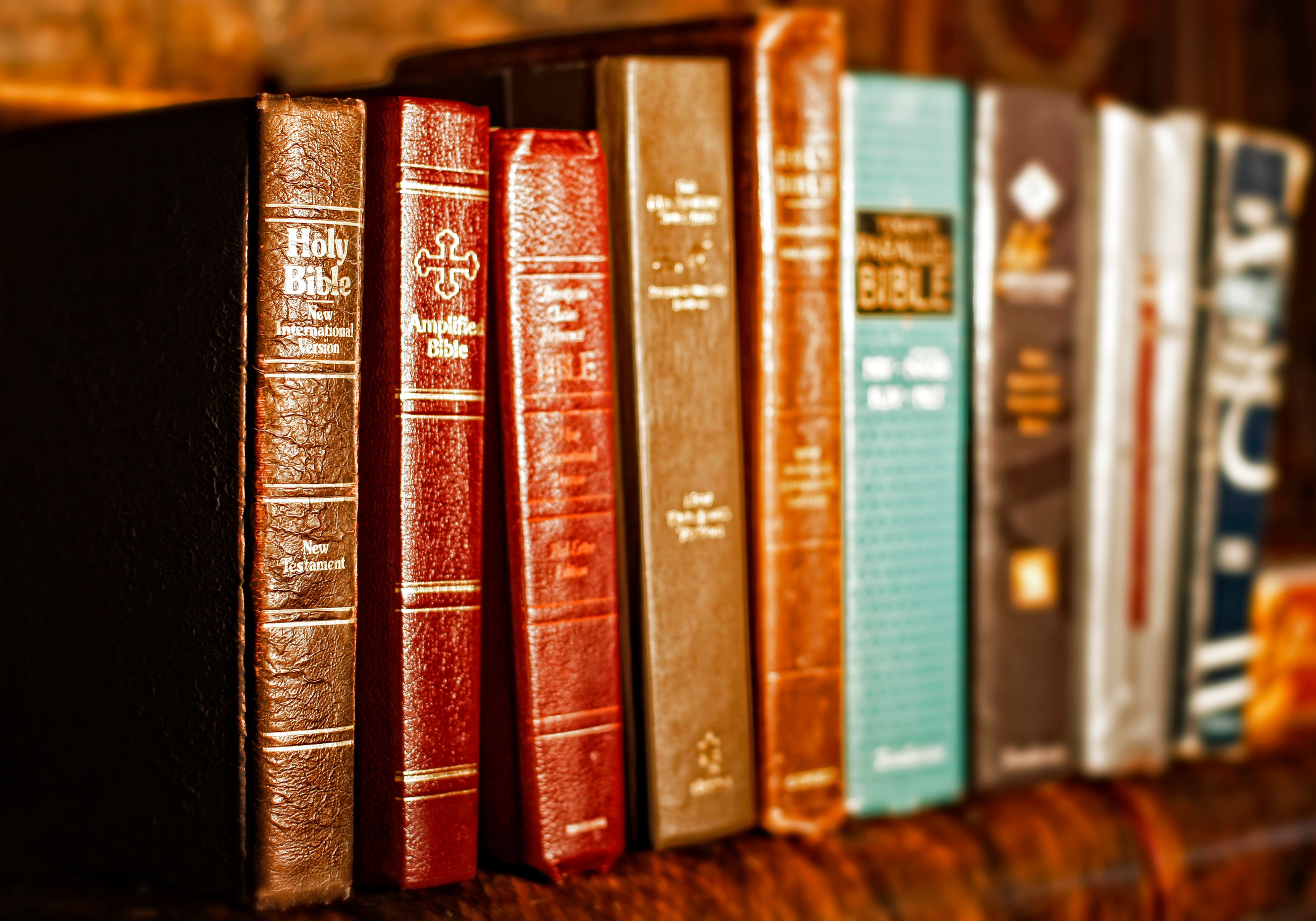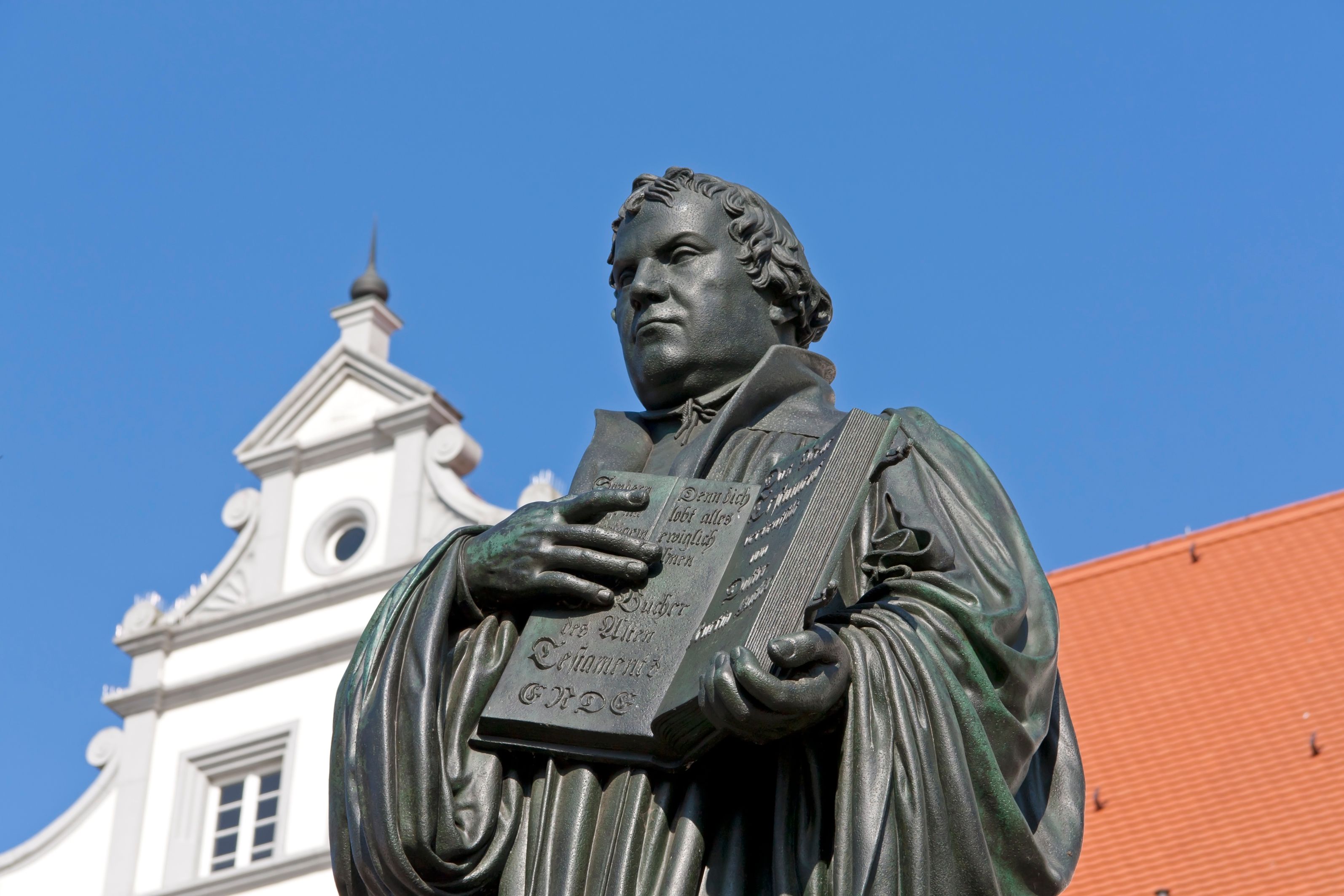Honoring Martin Luther: A Legacy of Faith and Reformation
Introduction to Martin Luther's Impact
In the annals of history, few figures have had as profound an impact as Martin Luther. His actions sparked the Protestant Reformation, a movement that dramatically reshaped the religious, cultural, and political landscape of Europe. Born in 1483 in Eisleben, Germany, Luther was a monk, theologian, and a seminal figure in Western Christianity. By challenging the practices of the Catholic Church, he set in motion a wave of changes that would forever alter the course of history.

The Early Life of Martin Luther
Martin Luther's journey began in humble surroundings. Despite his initial path toward a career in law, he chose to join a monastery after a life-changing experience during a thunderstorm. This decision led him to delve deeply into religious studies, where he became increasingly concerned with the practices of the Catholic Church. His acute insights into theology and the church's role in society laid the groundwork for his later actions.
Luther's dissatisfaction grew as he observed the church's indulgence-selling practices, which promised salvation in exchange for monetary contributions. This practice, he believed, contradicted the very essence of Christian teachings and salvation through faith alone. Luther's conviction that faith should be at the heart of Christianity would become the cornerstone of his reformative efforts.

The 95 Theses: A Catalyst for Change
On October 31, 1517, Martin Luther famously nailed his 95 Theses to the door of the Castle Church in Wittenberg. This bold act was intended to spark debate and discussion about the church’s practices. The theses criticized the church's sale of indulgences and called for a return to biblical teachings. This document quickly spread across Europe, thanks to the advent of the printing press, igniting widespread support for reform.
Luther's theses questioned the very foundation of the Catholic Church's authority and sparked discussions that resonated far beyond Germany. As his ideas gained traction, they inspired countless others to question established doctrines and seek religious reforms.

The Legacy of Reformation
The Protestant Reformation initiated by Martin Luther brought about significant religious transformations, paving the way for new Christian denominations that emphasized personal faith and direct access to sacred texts. His work led to the translation of the Bible into vernacular languages, making it accessible to ordinary people and empowering them with knowledge previously reserved for clergy.
Beyond its religious implications, Luther's reformation had profound social and political ramifications. It challenged existing power structures and encouraged educational reforms, fostering a spirit of inquiry and critical thinking that contributed to the development of modern Western society.

Honoring Martin Luther Today
Today, we celebrate Martin Luther and the beginning of the Reformation every October 31st. His courage to stand for what is is right allowed God to use him to spark change across the entire world. Martin Luther once said, "Everything that is done in this world is done by hope." That matches with Hebrews 11:1, which says, "Now faith is the substance of things hoped for, the evidence of things not seen."
In honoring Luther, we are reminded to be strong in our faith, regardless of the obstacles we might face. Through faith alone we can lay hold on salvation from eternal punishment for our sins, and with thanksgiving we can honor God's gift to us through service to him.

Conclusion
Martin Luther's legacy is one of faith, courage, and reform. As we remember Martin Luther, we are reminded of our capacity to enact change and the enduring power of conviction. It only takes one little spark to turn into a flame that lights up a dark world, and as Martin Luther showed us, that spark is simply taking God at His word.